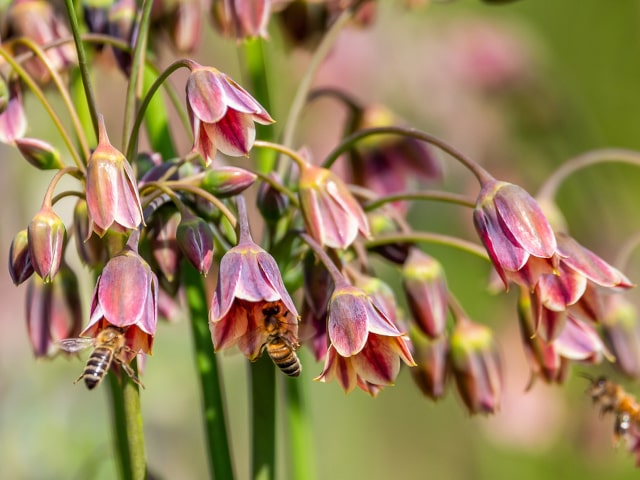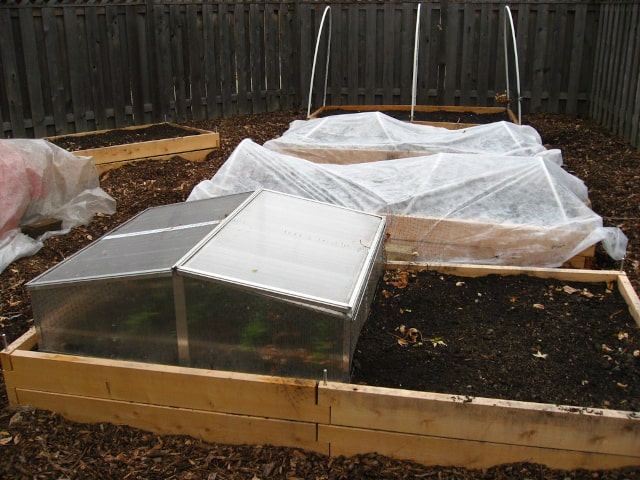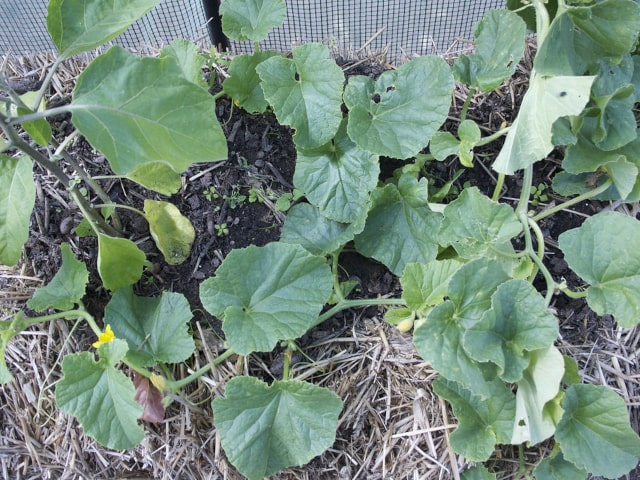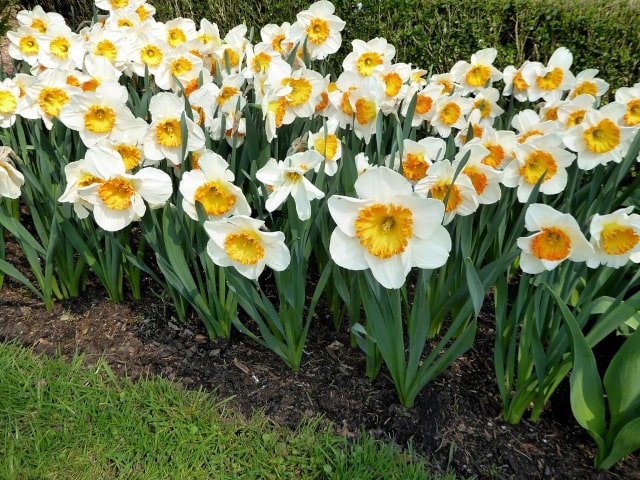
Attracting beneficial bugs and other insects to your garden is an essential part of growing vegetables, fruits and herbs. In order to make your garden successful, you need to attract beneficial insects. These insects are responsible for pollinating the flowers and other plants. As a result, you will get a well-pollinated garden, which means that your vegetables, herbs and other plants can grow stronger and healthier.
The Importance of Pollination
Beneficial insects are crucial for a good garden. You need these pollinators, and you need to know how to attract them for your garden. Pollination is extremely important. Think about this: your cucumber or another vegetable can grow to produce the fruit until its flowers are pollinated. A tomato blossom can never become a tomato fruit without pollination. A blueberry flower will never become blueberry fruit without pollination. You get the idea: pollination is vitally important for your garden.
If you want to hand pollinate each flower with a small paint brush or a cotton swab, you can do that, but it's a tedious job that will take a lot of your time. Chances are that you won't even be successful. So, why not leave this job to the professionals? Beneficial insects can do all of the pollination for you. All you need to do is to attract them to your garden.
How to Attract Beneficial Insects
Attracting beneficial insects is actually a surprisingly easy job. It's very easy to invite them to your garden, once you know what they are looking for. Insects visit your garden looking for the food, so if you can offer it to them, they will stay.
This is usually not so much of a problem in the country, but in the urban areas, it can be a bit trickier. What all gardeners need to remember is that insects are on a lookout for food, so this is what you should provide them with.
Each garden should have some tasty "bug chow" that will make them visit and stay. Luckily, it's very easy to provide them with plants they like to eat - all you need to do is to plant some tasty herbs for them to enjoy.
Tasty Herbs
Herbs are easy to grow in all kinds of environments, and they will attract beneficial insects pretty quickly. Here is a quick list of the best herbs you can use for attracting insects to your garden:
- Thyme
- Mint
- Oregano
- Marjoram
- Rosemary
These are the main herbs you can use to attract insects to your garden. The bonus is that they are very easy to grow, so you won't have any problems implementing this strategy. The blooms of these herbs attract beneficial insects so as they are visiting them, they will also stop and visit your other plants, too. This way, all of your garden plants will be pollinated.
Other flowering herbs you can use to attract insects are not so common, but they can also be easily grown and they attract insects very successfully. You may also try these plants for attracting beneficial insects:
- Yarrow
- Echinacea
- Hyssop
- Fennel
All these plants are known as "bug magnets" and can be used to attract beneficial insects.
Additional Tips
Here are some additional tips for keeping pollinators happy in your garden:
- In order to make your garden a happy place for beneficial insects, don't spray your plants with insecticides! Bugs can't pollinate if you kill them, so make sure you don't use insecticides and other products that may harm beneficial insects.
- Offer insects something to drink. Fill a small plant tray with pebbles and add some water. Set it around potted plants or all over your garden. This will provide small insects a place to get a drink and rest after a long flight. It is yet another way to attract beneficial insects to your garden.
- Keep in mind that there are many beneficial bugs you can invite to be your pollinators. Honey bee is just one of them, though that's sure an insect you'll love to see in your garden. There are, however, many others, such as big and little wasps, certain types of flies and many types of bees.
Photo credit: PapaPiper




0 Comments